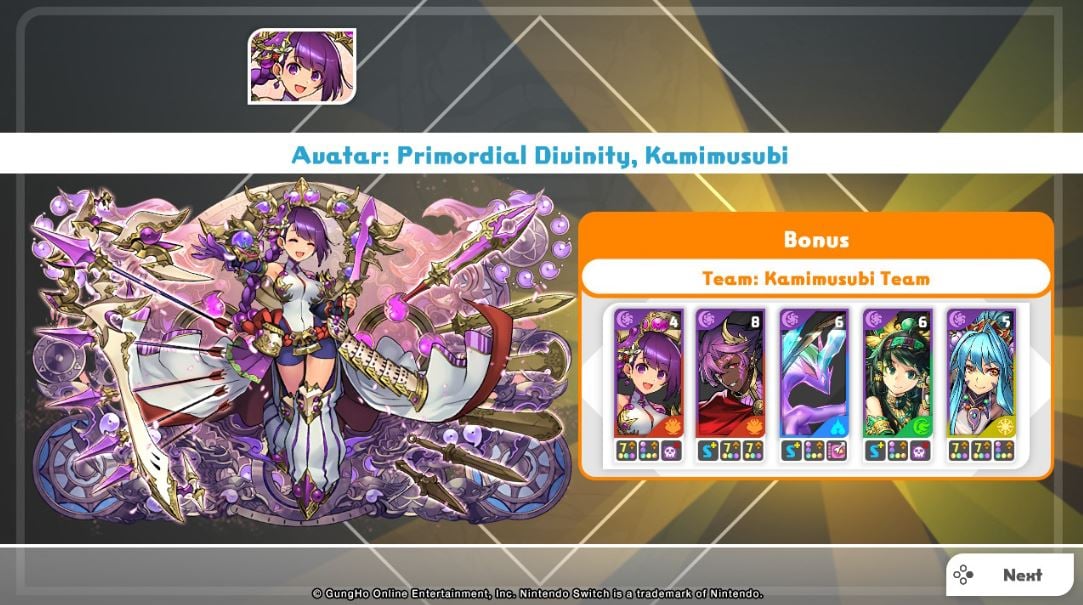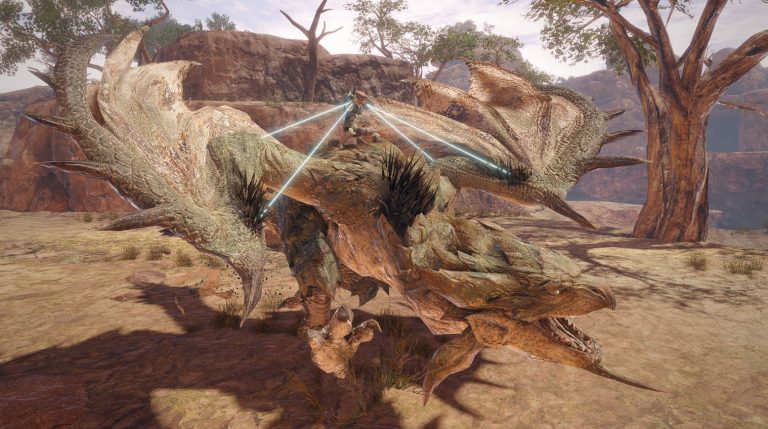Japanese game company GungHo Online Entertainment, known for developing the long-running Puzzle & Dragons series and publishing Ragnarok Online, recently received a request from activist investors for the dismissal of its CEO, Kazuki Morishita. This comes a few months after GungHo’s board of directors unanimously dismissed a proposal for large-scale reforms from shareholders.
On July 23, investment fund Strategic Capital, who holds a joint 8% stake in GungHo with Intertrust Trustees (Cayman), publicly requested that the company hold an extraordinary shareholders meeting. The main objectives on the proposed agenda are to 1) lower the threshold of votes needed to dismiss executives; 2) dismiss CEO Kazuki Morishita from the board.
In the written proposal, the investors argue that “Morishita must take responsibility” for several issues GungHo is facing. Strategic Capital suggests that the CEO is responsible for GungHo becoming a “one-hit wonder,” stating that the company “has failed to produce a hit for 13 years since the release of its only hit Puzzle & Dragon.” The investors think this stagnation was directly brought on by Morishita, citing that he failed to delegate creative authority to the right persons, instead giving “full control of game development” to himself. In his defense, it is worth nothing that Morishita has kept the billion-dollar franchise alive for all these years, or rather, that Puzzle & Dragons hasn’t been a one-time success, but a continuous one.

Morishita is also criticized for “lacking awareness of his responsibilities as the President and CEO,” with some examples including giving himself a salary higher than Nintendo’s CEO ($2.2 million vs $1.7 million) and claiming certain games were “hits” despite them not contributing significantly to business performance.
The proposal compares GungHo’s stock performance over the past decade to that of other major game companies like Capcom, Konami and Nintendo – whose share prices have risen between 258% and 1780%. In stark contrast, GungHo’s stock has declined by approximately 35%, with business performance also significantly deteriorating. Strategic Capital seems to place the blame squarely on Morishita’s shoulders.
In response, GungHo has (according to ITmedia) stated that it is “carefully reviewing the request and will disclose its decision once determined.” However, given that the company’s leadership previously dismissed requests for reform based on similar arguments, it remains to be seen whether this action by investors will have any effect on how GungHo is managed.
Speaking of activist investors, Square Enix recently had a significant portion of its shares acquired by Singapore-based investment fund 3D Investment Partners. Although this company is known for making “aggressive moves” towards investees, it has yet to make any public proposals regarding Square Enix’s management. GungHo’s case is one example of the kind of moves activists can make in attempts to increase shareholder value, and by effect, their own gains.






Puzzle and Dragons is an excellent game. Im tired of “shareholders” who are NOT game developers making choices about game development. Sell your shares. Go elsewhere. If they fail, YOU LEAVE. Don’t presume that installing some random puppet is going to do anything but make the company fail faster. Should he pay himself less? Sure. Should he make some new games? If he wants. Does he owe you a profit margin of 200%-1700%? No. So leave. Please. For the good of the games.